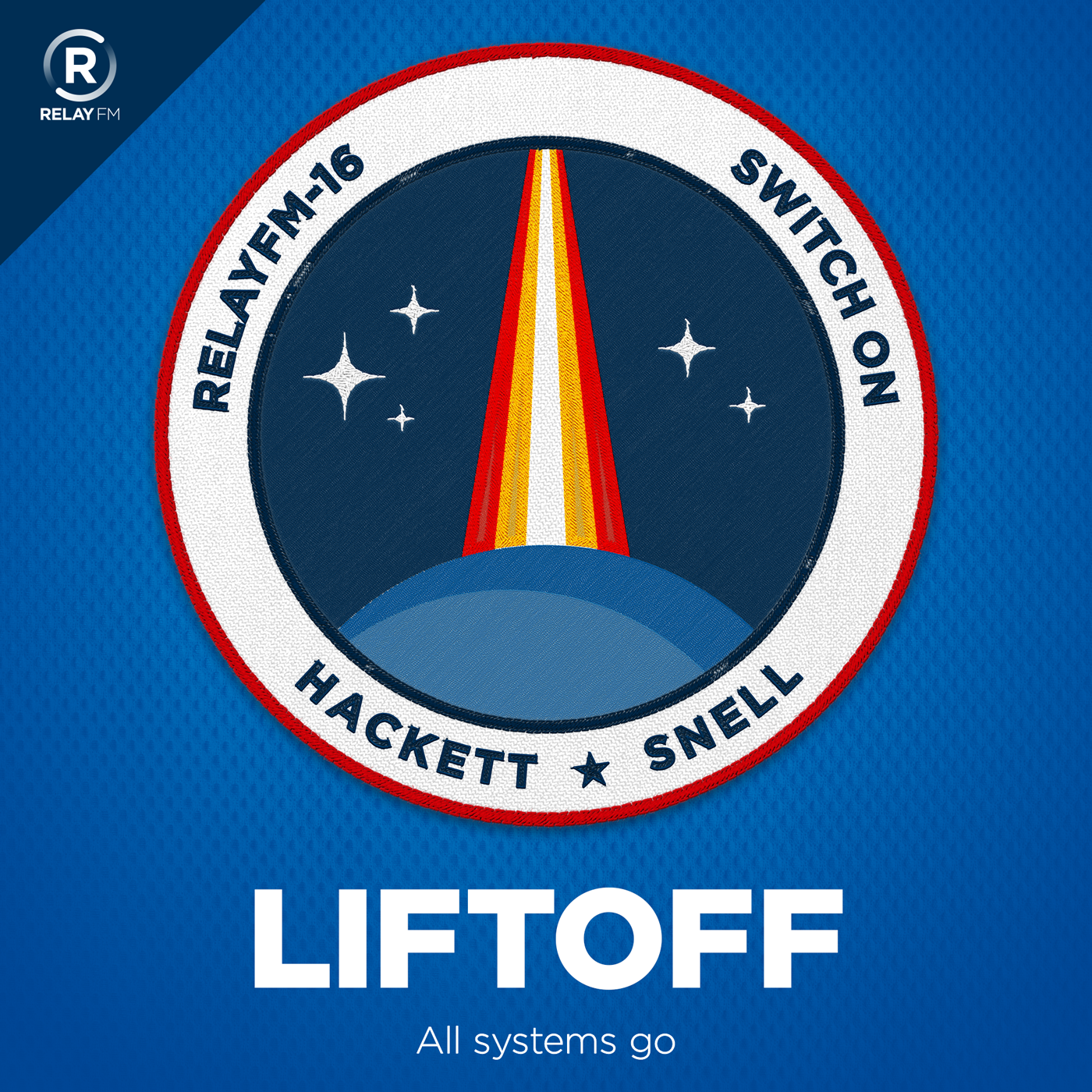
171: Apollo 17
Liftoff
Fri, December 9, 2022
Podchat Summary
In this podcast episode, we delve into the final crewed moon mission, Apollo 17, which was launched on December 7, 1972. Unlike previous missions, this mission aimed to push the boundaries and focus on scientific goals. Harrison Schmidt, a geologist, played a key role in the mission's scientific goals and was the first scientist to fly past low Earth orbit. The landing site chosen was Taurus-Littrow, which offered a variety of geological features. The mission included the use of the lunar rover, which covered a distance of 35.7 kilometers on the moon's surface. Notable moments from the mission include the discovery of orange soil and the collection of a record number of rocks. The crew returned to Earth on December 19, 1972, marking the end of the Apollo program. We also discuss the Skylab space station and the Apollo-Soyuz test project that followed before the space shuttle era began. Tune in to learn more about this historic mission and its scientific achievements.
Original Show Notes
In 1972, the final lunar mission of the Apollo program took place, finally sending a geologist to study the moon up close.